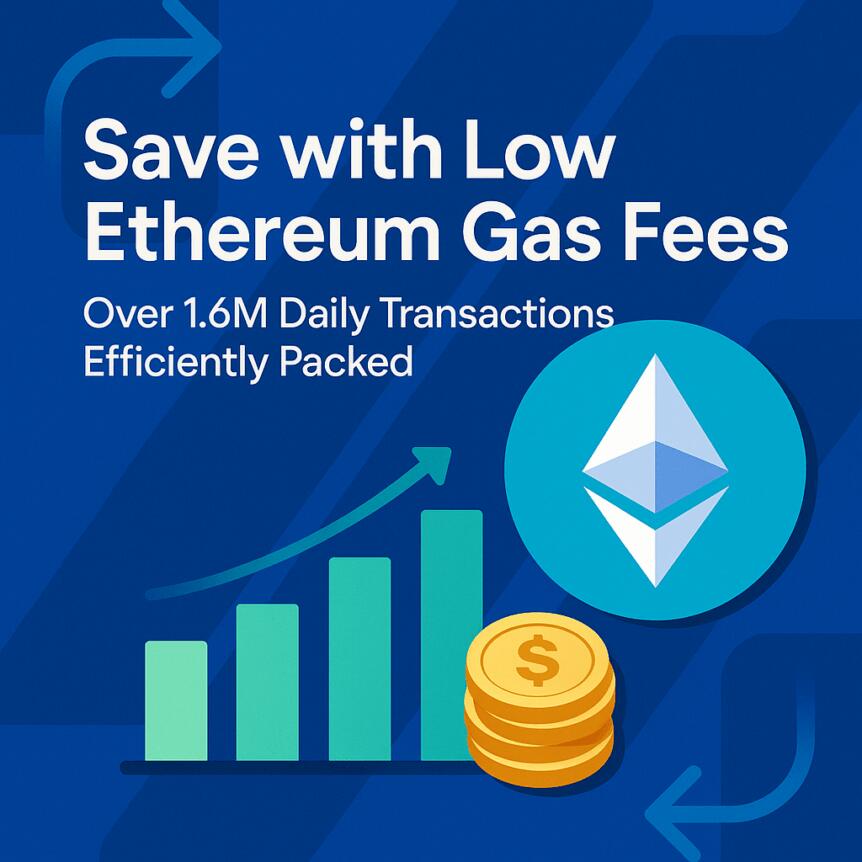Ethereum’s blockchain activity continues to surge, even as transaction fees remain near historic lows. This stability in fees signals a maturing and more scalable infrastructure capable of supporting advanced real-world applications. Despite increased network usage, the cost for executing transactions stays affordable, underpinning Ethereum’s growing resilience and potential for broader adoption in the decentralized finance (DeFi), NFT, and blockchain sectors.
- Ethereum’s transaction fees hit a historic low of approximately $0.01 per transaction, with token swaps and NFT sales costing around $0.15 and $0.27 respectively.
- Daily transactions on Ethereum reached 1.6 million, the highest in nearly a month, indicating heightened activity on the network.
- Active addresses surged to a monthly peak of nearly 700,000, reflecting increased user engagement.
- Recent network upgrades, Dencun and Pectra, have significantly reduced transaction costs and improved scalability, contributing to the low fee environment.
- The upgrades have offloaded more transactions from Ethereum’s mainnet, with fees dropping roughly 95% since deployment earlier this year.
Ethereum activity rises amid stable fees
Despite persistent blockchain congestion in earlier years, Ethereum’s transaction fees have maintained near-record lows. Currently, the average gas fee stands at just 0.16 gwei, roughly equivalent to $0.01 per transaction. Token swaps and NFT sales still incur nominal costs, at $0.15 and $0.27 respectively, according to data from blockchain aggregator Milkroad.
This low-fee environment marks a stark contrast to previous periods where high demand pushed fees sharply upward, a common criticism during past network cycles.
Recent data shows a notable increase in activity. Daily transactions recently climbed to 1.6 million, the highest level since early October, prior to a major $19 billion liquidation event in the crypto market. Similarly, active addresses reached a monthly high of nearly 700,000 on Saturday, according to Nansen, a crypto intelligence platform.
The persistent low fees are largely attributed to recent upgrades, including Dencun and Pectra, which have enhanced network efficiency and scalability. Deployed in May, the Pectra upgrade has doubled the capacity of Layer-2 (L2) networks, reducing transaction fees on these solutions by approximately half. This expansion has also led to more transactions being offloaded from the Ethereum mainnet, further easing congestion.
Meanwhile, the Dencun upgrade has successfully slashed Layer-2 transaction fees and offloaded a significant volume of traffic from Layer-1, resulting in a 95% decrease in Ethereum transaction costs since March 13, 2024. These developments highlight Ethereum’s ongoing efforts to improve scalability and cost-effectiveness—key factors driving its increasing activity and adoption in areas like NFTs, DeFi, and enterprise use cases.
For more insights, explore how recent Ethereum upgrades are paving the way for broader blockchain adoption, from Synthetix to Ronin and Celo, in the latest analysis.



